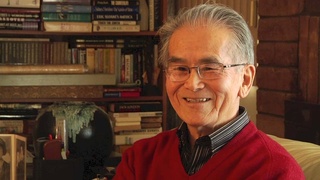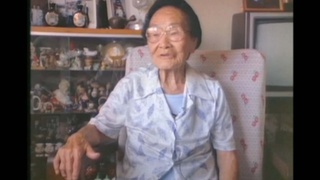Interviews
Father’s Reason For Moving to Argentina (Japanese)
(Japanese) My father originally studied and worked in agricultural research institution, and back then — in the 1950s — Japan still hadn’t experienced its rapid growth period. Given that, Japan was beginning to recover from the war. It seems my father was hoping he could go somewhere in the Americas, and eventually he chose Argentina.
I don’t really know his reasoning for sure, but I think — to put it simply — that he heard at some point that there was a lot of land in Argentina, and that’s what he wanted. My father was the eighth and youngest son of his family, the second youngest child overall, and so he probably thought it would be difficult to own his own land in Japan.
Date: September 22, 2019
Location: California, US
Interviewer: Yoko Nishimura
Contributed by: Watase Media Arts Center, Japanese American National Museum






